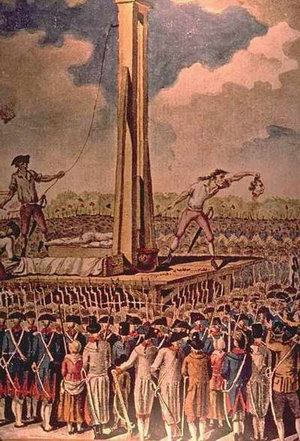
Coperncius was an astronomer of the 16th century who was the first to conceive the heliocentric model. This meaninng; that the Earth revolved around the sun. The sun is the center of the Unverse. His first major published work was known as
De revolutionibus orbium coelestium (
On the Revolutions of the Celestial Spheres). In 1536 the archbishop of Capua Nicholas Schonberg expressed much praise for his work in a letter;
"Some years ago word reached me concerning your proficiency, of which everybody constantly spoke. At that time I began to have a very high regard for you... For I had learned that you had not merely mastered the discoveries of the ancient astronomers uncommonly well but had also formulated a new cosmology. In it you maintain that the earth moves; that the sun occupies the lowest, and thus the central, place in the universe... Therefore with the utmost earnestness I entreat you, most learned sir, unless I inconvenience you, to communicate this discovery of yours to scholars, and at the earliest possible moment to send me your writings on the sphere of the universe together with the tables and whatever else you have that is relevant to this subject..."
Copernicus, however was not the originator of these theories, for far back in the annals of history people of cultures around the globe have come to similar conclusions. An Indian philosopher wrote in the texts of the Vedas;"The sun strings these worlds - the earth, the planets, the atmosphere - to himself on a thread.".

Galileo Galilei was an Italian Renaissance man of the highest order. He was a philosopher, astronomer, physicist, and mathematician. He is known as "the father of modern observational astronomy, the "father of modern
physics",
[4] and the "father of science". Galileo followed the creed of Copernicus and very much agreed with his findings. Doing so ignited the wrath of the Inquisition of the Church whose teachings held that the Earth, not the Sun was the center of all things.
Abandoning Aristotle's Geocentric model that was commonly accepted for centuries he embraced the heliocentric model. His persecution was so great that for the latter part of the end of his days he stayed under house arrest; retracting prior statements on June 22, 1633.
It was not until 1992 that the Roman Catholic Church accepted the validity of his research.







